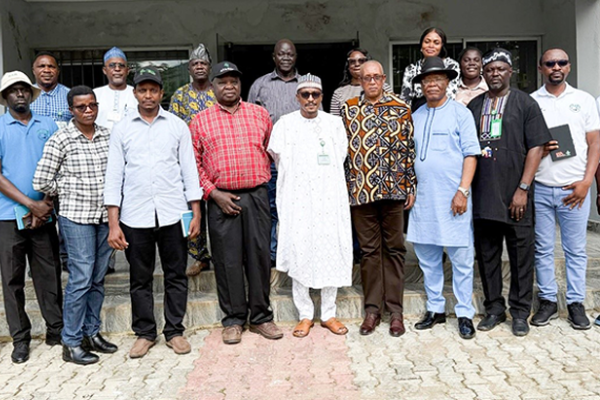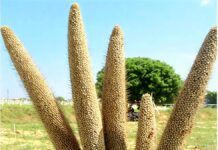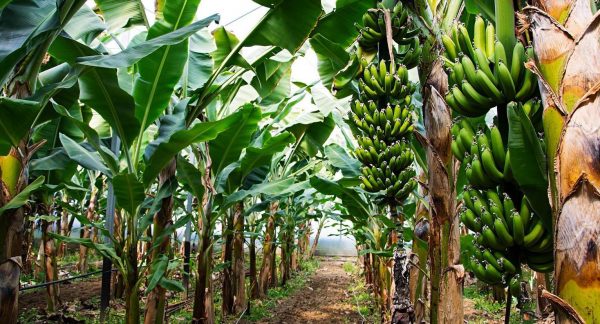In a bid to strengthen Rwanda’s maize seed systems and improve agricultural productivity, the International Institute of Tropical Agriculture (IITA) and the Rwanda Agriculture Board (RAB) have formalized a collaboration to scale up quality seed production, certification, and distribution of improved maize varieties.
The partnership intends to help Rwanda move toward greater seed self-sufficiency, reduce reliance on imports, and support smallholder farmers with access to resilient, high-yielding seed.
Key Components of the Collaboration
A central aspect of the joint initiative is implementing demonstration trials and Value for Cultivation and Use (VCU) tests to evaluate candidate maize varieties under Rwandan agro-ecological conditions.
Through these trials, the two institutions will assess traits such as yield performance, disease resistance, and farmer-preferred characteristics, thereby enabling more informed decisions on release and scaling.
The collaboration also encompasses capacity building, technology transfer, and strengthening seed regulatory and certification systems. RAB will benefit from technical support from IITA in breeding, seed systems management, quality assurance, and regulatory frameworks.
In addition, Rwandan seed companies have been engaged, with visits to IITA’s maize breeding facilities to exchange knowledge on hybrid seed production processes and best practices.
Strategic Importance and Aspirations
For Rwanda, the move signals a renewed focus on strengthening the entire maize value chain. Maize remains a staple crop in the country, key for food security, nutrition, and income generation among smallholder farmers.
However, challenges in seed availability, poor-quality seed, and weak distribution networks have constrained efforts to boost productivity.
By leveraging IITA’s expertise and resources, RAB aims to reduce bottlenecks in seed development, testing, and commercialization.
The improved coordination is expected to accelerate earlier generation seed production, bring more elite germplasm into national breeding pipelines, and enhance the variety release system.
For its part, IITA sees Rwanda as a strategic partner in scaling maize innovation across East Africa. The seed systems intervention aligns with broader continental efforts to bolster agricultural transformation, climate resilience, and improved livelihoods for farmers.
Bridging the gap between research and farmer adoption
According to industry stakeholder, such partnerships are critical in bridging the gap between research and farmer adoption.
IITA’s role in hybrid maize breeding and seed systems is well established, and RAB’s national reach provides on-the-ground channels for dissemination and regulation.
Moreover, this collaboration builds upon related initiatives in Rwanda, including efforts to strengthen seed inspector capacity and enforce quality standards. Earlier in 2025, IITA had joined partners to train seed inspectors on monitoring traceability and certification processes.
Looking Ahead
Although the collaboration marks a promising step, some challenges remain. Scaling seed production to meet demand will require investments in infrastructure, logistical support, and private-sector engagement.
Ensuring that new varieties reach remote farmers will also depend on robust distribution networks and extension services.
Nonetheless, the IITA–RAB partnership is poised to catalyze positive change in Rwanda’s maize sector. If successful, it could serve as a model for other countries seeking to strengthen local seed systems and drive agricultural transformation via science-led interventions.
As implementation begins, stakeholders will watch closely to see how quickly benefits trickle down to farmers and how well the improved seed pipeline can contribute to national food security goals.








